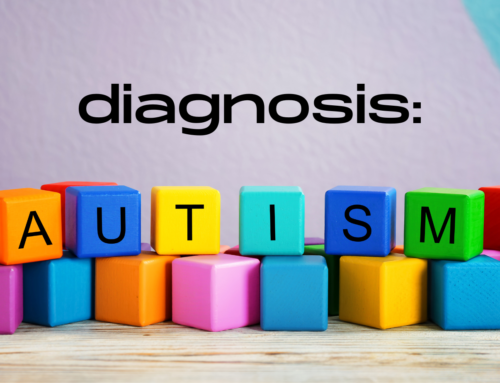This was an interesting story that I found out of Philadelphia.
Kristina Rhodes loves helping families with autistic children. But she may have to cut back her hours as an early-intervention therapist because her own autistic son, Erik, 10, isn’t thriving in school.
That’s a familiar situation for Rhodes, who recalls how she couldn’t work at all when her son was younger. “I basically lost income until he went to kindergarten,” she said.
And the disorder continues to drain her family’s finances. “We can’t buy a house that we necessarily want to be in,” she said.
The financial burden of caring for a child with autism was underscored recently in a study published in JAMA Pediatrics.
The average lifetime cost of supporting someone with autism in the United States is $1.4 million, the study found. For those with autism and an intellectual disability or cognitive impairment, the expense rises to $2.4 million.
“The cost is just a number, but it’s a big number,” said David Mandell, the study’s principal investigator and director of the Center for Mental Health Policy and Services Research at the University of Pennsylvania.
Mandell studies community care and services for those with autism, which affects about one in 68 children in the United States. People with autism have difficulty with social interaction and communicating with others and often display repetitive behavior, such as lining up objects.
Mandell’s study claims to be the most comprehensive assessment of costs to date. Estimates from the last 10 years were lower but far less accurate, Mandell said, but he and his colleagues had to use them as a basis.
“There aren’t data to capture all these costs. We were left extrapolating from a small number of studies that exist,” he said.
As the Rhodeses know, the study identified the loss of parental income as a major contributor to costs. While one parent stays home from work, medical and therapy costs continue to add up.
“It’s very challenging. One parent is often dropping out of the workplace right when these out-of-pocket expenses are starting to hit,” Mandell said.
Roberta Bellamy, CEO of the support group West Philadelphia Parents of Autistic Children, has seen parents undergo these struggles.
“I know there’s a big gap in the services they need, and they can’t afford them,” she said. “It’s a Catch-22.”
Bellamy’s son, Kareem, 16, has autism, and her group is working to provide after-school programs and a summer camp for autistic adolescents.
As autistic teenagers enter adulthood, they often have difficulty finding jobs, leading to their own lost income. Also, costly accommodations such as group homes are often recommended for autistic adults, but may be needed only for the most severe cases.
This generalized approach represents a failure of society to provide other options, Mandell said.
“We need more efficient and more effective care that is more consonant with the values of our society,” he said.
Read the whole story at Journal Sentinel






